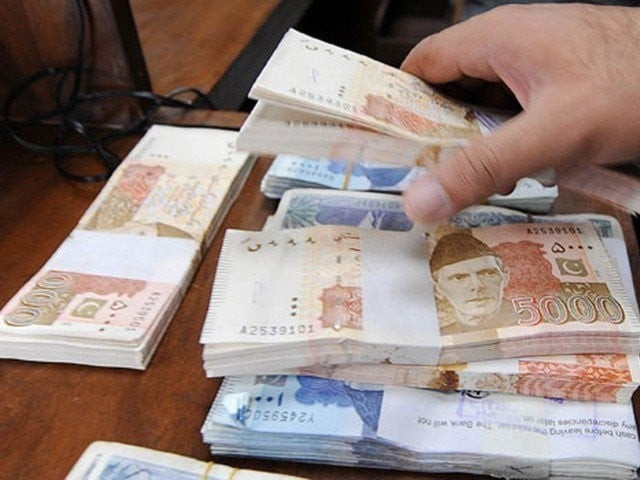Profit rates on National Savings Schemes increased
This is the third upward revision in the past five months

The rate of profit on Special Savings Certificates has been increased by 77 basis points to average 7.87%. PHOTO: FILE
This is for the third time in the past five months that the finance ministry has revised the rates upwards.
A CDNS official told The Express Tribune that the finance ministry reviews the rates of profit on savings certificates after every two months and revises them in line with the existing benchmark interest rate and rates of profit on government securities like the Pakistan Investment Bonds (PIBs) and treasury bills.
National Savings Scheme rates increased
The State Bank of Pakistan (SBP) increased the benchmark interest rate by 100 basis points to 7.5% in July. In line with that, the rates of profit was adjusted on government’s long-term bonds (PIBs of three, five and 10 years) and short-term securities (T-bills of three, six and 12 months) recently. However, the rate adjustment for the savings schemes was due.
Accordingly, the finance ministry gave the go-ahead to the CDNS to raise the savings rates in its latest review meeting, he said.
“Rates of profit on CDNS savings schemes are primarily linked with rates of return on PIBs and T-bills,” he said. Although the upward revision in savings rates was not targeted at attracting more public funds through savings schemes, still it should attract the flow of higher investment into CDNS products, he said.
CDNS, which offers national savings certificates to individuals in order to attract investment, provides the raised funds to the government.
Despite pay scrutiny, ministry considers extension for DG CDNS
Mostly, low- and middle-income groups invest in the savings certificates whereas the government mostly uses the funds for budgetary financing. The rate hike will increase the cost of borrowing for the government.
According to latest announcement of the CDNS, the rate of profit on Behbood Saving Certificates, Pensioner Benefit Accounts and Shuhada Family Welfare Account has been increased by 72 basis points each to 10.92%.
Keeping in view the hardships faced by widows and senior citizens, the Behbood Saving Certificates (BSCs), which offer a higher rate of return with 10-year maturity, were launched by the government on July 30, 2003. Initially, these certificates were offered to widows only, but the government later decided to extend the facility to senior citizens aged 60 years and above as well with effect from January 1, 2004.
Now, it has been extended to the disabled holding CNIC with disability logo or special minors through guardians with effect from April 23, 2018. In May 2018, the government launched Shuhada Family Welfare Account. Families of martyrs, who sacrificed their lives to safeguard the motherland in the war against terror, could invest in the scheme.
The government has increased the rate of profit on Defence Saving Certificates by 75 basis points to 9.05%. Any Pakistani national in need for long-term investment could invest in the Defence Saving Certificates with maturity period of 10 years. The rate of profit on Special Savings Certificates has been increased by 77 basis points to average 7.87%.
Profit rate for the Regular Income Certificates has been jacked up by 0.744% to 8.784%. Profit on Savings Account has been revised upwards by 100 basis points to 6%. The rate of profit on Short Term Savings Certificates of three months, six months and one year has been increased to 7.36%, 7.42% and 7.52% respectively from 6.40%, 6.46% and 6.56% earlier.
Published in The Express Tribune, September 6th, 2018.
Like Business on Facebook, follow @TribuneBiz on Twitter to stay informed and join in the conversation.



















COMMENTS
Comments are moderated and generally will be posted if they are on-topic and not abusive.
For more information, please see our Comments FAQ